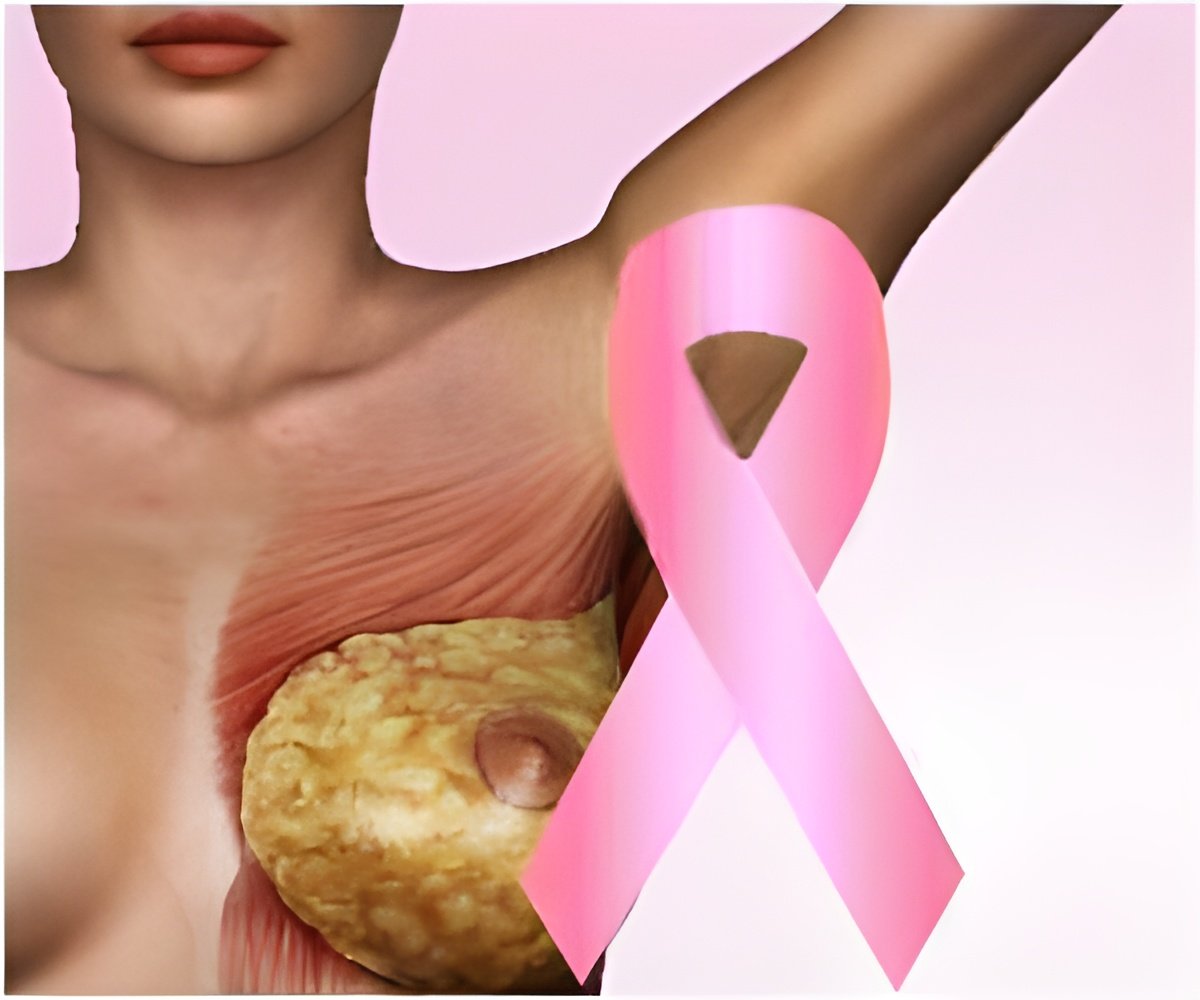Experts say women whose genes put them at a high risk of getting breast cancer can dramatically reduce the danger by having a double mastectomy, but cannot eliminate breast cancer risk altogether.

Rocker Ozzy Osbourne's wife, Sharon, did the same last year.
About 0.2 percent of women carry a harmful mutation in the BRCA1 or BRCA2 gene that boosts their lifetime risk of contracting breast cancer to as much as 80 percent compared to about 10 percent for women without the gene.
"This is what many people would consider a sky-high risk," epidemiology professor Per Hall of Sweden's Karolinska Institutet told AFP.
"For the few women who are carriers (of the mutation) this is definitely a good option," he said of surgery.
Having a double mastectomy reduces a mutation-carrier's risk by about 90 percent to a level lower than that of women who don't carry the genetic flaw.
"Even the most skilled surgeon will leave some tiny part of breast tissue behind," said Hall.
Survival rates vary greatly, from 80 percent in the developed world to under 40 percent in poor countries that have fewer early-detection programmes.
The cost of genetic screening can be prohibitive -- ranging from several hundred to several thousand dollars, says the US-based National Cancer Institute.
On its website, the WHO says early detection remains the "cornerstone" of its cancer strategy as preemptively screening asymptomatic people was a "far more complex undertaking".
DNA, the blueprint for life, comprises four basic chemicals called A (adenine), C (cytosine), T (thymine) and G (guanine) strung together in different combinations along a double helix.
Sometimes a "spelling mistake" in the A, C, T, G combinations can cause problems in gene function.
But carrying a mutation does not necessarily mean a person will develop cancer -- factors like lifestyle also play a role.
A study in 2005 concluded that a fifth of breast cancer deaths worldwide could be attributed to alcohol use, excessive weight and physical inactivity.
Delayed pregnancy and not breastfeeding are factors considered to increase one's chances of contracting breast cancer.
Age is a major factor -- most breast and ovarian cancers occur in women over 50, though women with the BRCA mutations often get ill at an earlier age.
Mutations in the BRCA (BReast CAncer susceptibility) genes, which normally act as tumour suppressors, also increase ovarian cancer risk.
Clinical geneticist Clare Turnbull at the Royal Marsden Hospital in London said women who carry the mutation are generally offered intensive MRI and mammogram screening so any cancer can be caught and treated early.
"That is one option, and for many women particularly young women, that's the option they choose," she told AFP.
"Other women feel that they would like to take a more interventional approach and try and reduce the likelihood of them getting cancer in the first place", such as a double mastectomy.
"It is not uncommon."
The London-based Breast Cancer Campaign said Jolie's openness would help raise crucial awareness of genetic breast cancer risk.
"Deciding whether to have preventative surgery is a heart rending decision for women like Angelina but we know it's a vital way of saving lives," the campaign's chief executive Delyth Morgan said.
"This is a stark reminder of how much more research we need to do to give women more knowledge, choice and life-saving options to reduce their risk."
Source-AFP
 MEDINDIA
MEDINDIA




 Email
Email










